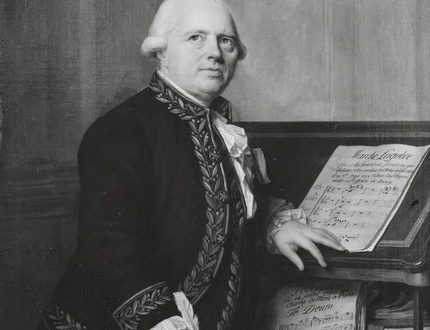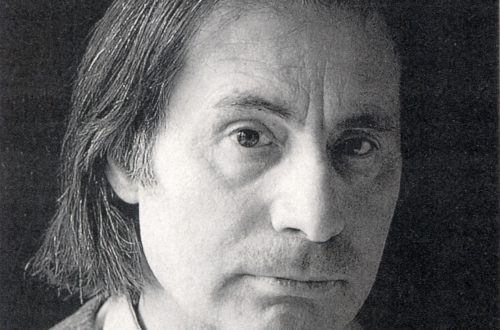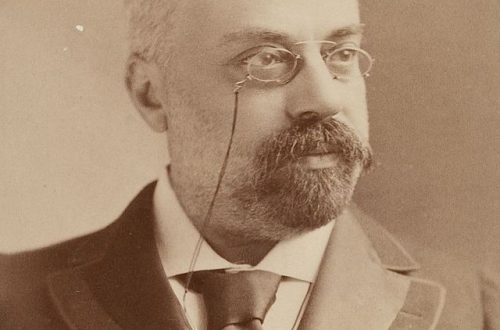
Fernand Quinet |
Fernand Quinet
The Belgian conductor and public figure is well known in our country. He first toured the USSR in 1954 and immediately established himself as a talented artist with a bright artistic personality. “The programs of his concerts,” Sovietskaya Kultura wrote at the time, “composed of Beethoven’s Seventh Symphony and works by French and Belgian composers, aroused particular interest among Muscovites. Many lovers of symphonic music sought to hear their favorite compositions in a new interpretation, as well as to get acquainted with unknown works performed for the first time in the Soviet Union. The concerts of Fernand Quinet justified such heightened interest: they were a great, well-deserved success and brought aesthetic pleasure to numerous listeners. Fernand Quinet, a conductor of great culture, fine artistic taste, good temperament, has a confident and convincing technique. His hands (he conducts without a baton), and especially his hands, energetically and plastically control a large orchestral ensemble … Fernand Quinet, naturally, is close to French music, of which he is certainly an expert and sensitive interpreter. I would like to note the interpretation of some works by French composers (mainly Debussy), which is characteristic of the performing image of Fernand Quinet: Quinet as an artist is alien to relaxation, excessive “quivering” in the performance of impressionistic compositions. His performing style is realistic, clear, confident.”
In this characteristic – the main thing that determines the creative appearance of Kine. For decades, he has been a passionate promoter of the creativity of his compatriots and, along with this, a brilliant performer of French music. In subsequent years, he repeatedly visited the USSR, performing with our orchestras, participating in the work of the jury of the International Tchaikovsky Competition.
However, the fame and authority of Fernand Quinet are based not only on his artistic activities, but equally on his merits as a teacher and organizer. A graduate of the Brussels Conservatory, Quinet devoted his whole life to his native art. He deliberately limited his career as a cellist and touring conductor to devote himself primarily to pedagogy. In 1927, Quinet became head of the Charleroi Conservatory, and eleven years later he became director of the Liège Conservatory. In his homeland, Kine is also valued as a composer, author of orchestral compositions, the cantata “Spring”, awarded the Rome Prize in 1921, chamber ensembles and choirs.
L. Grigoriev, J. Platek, 1969





